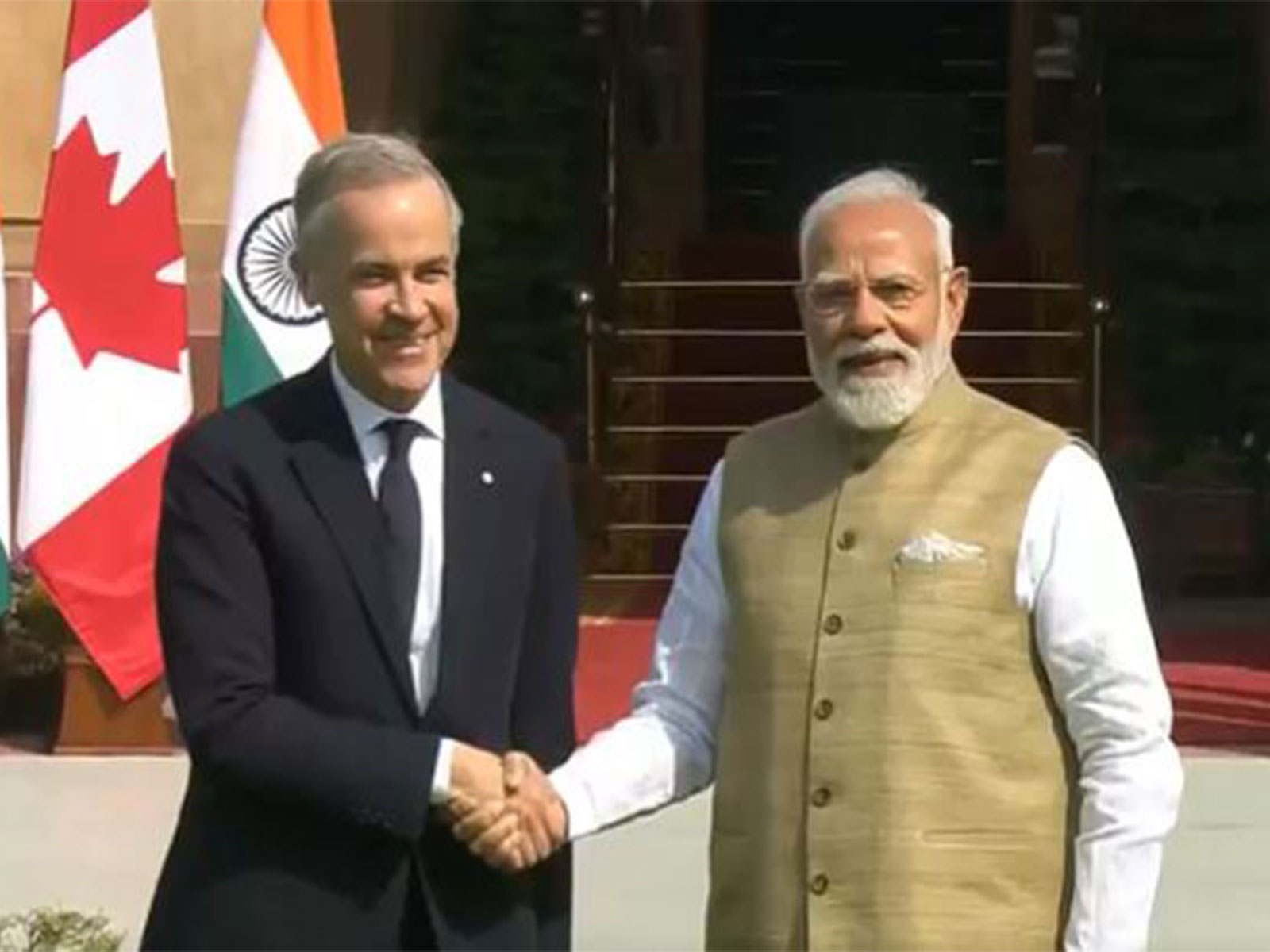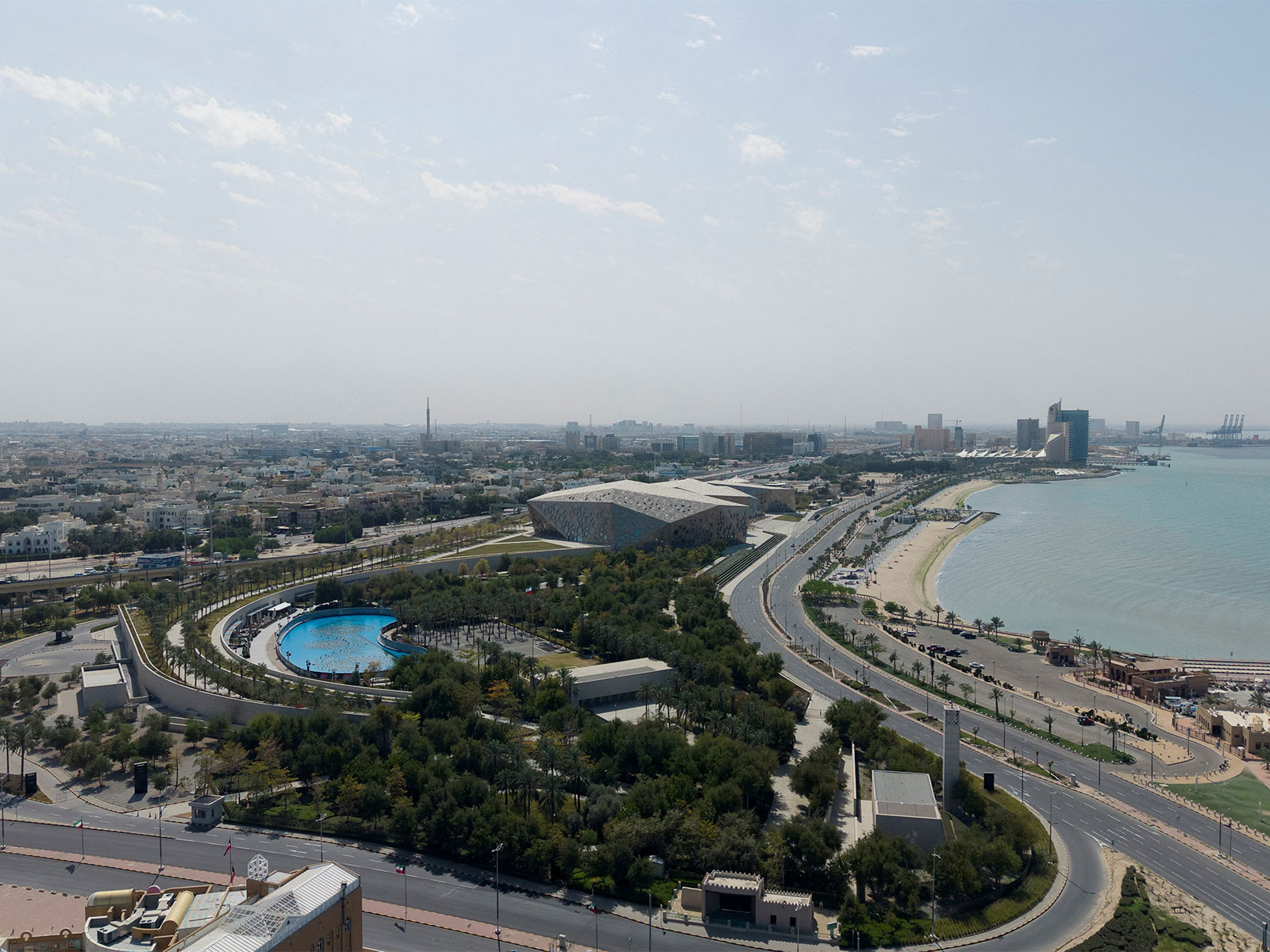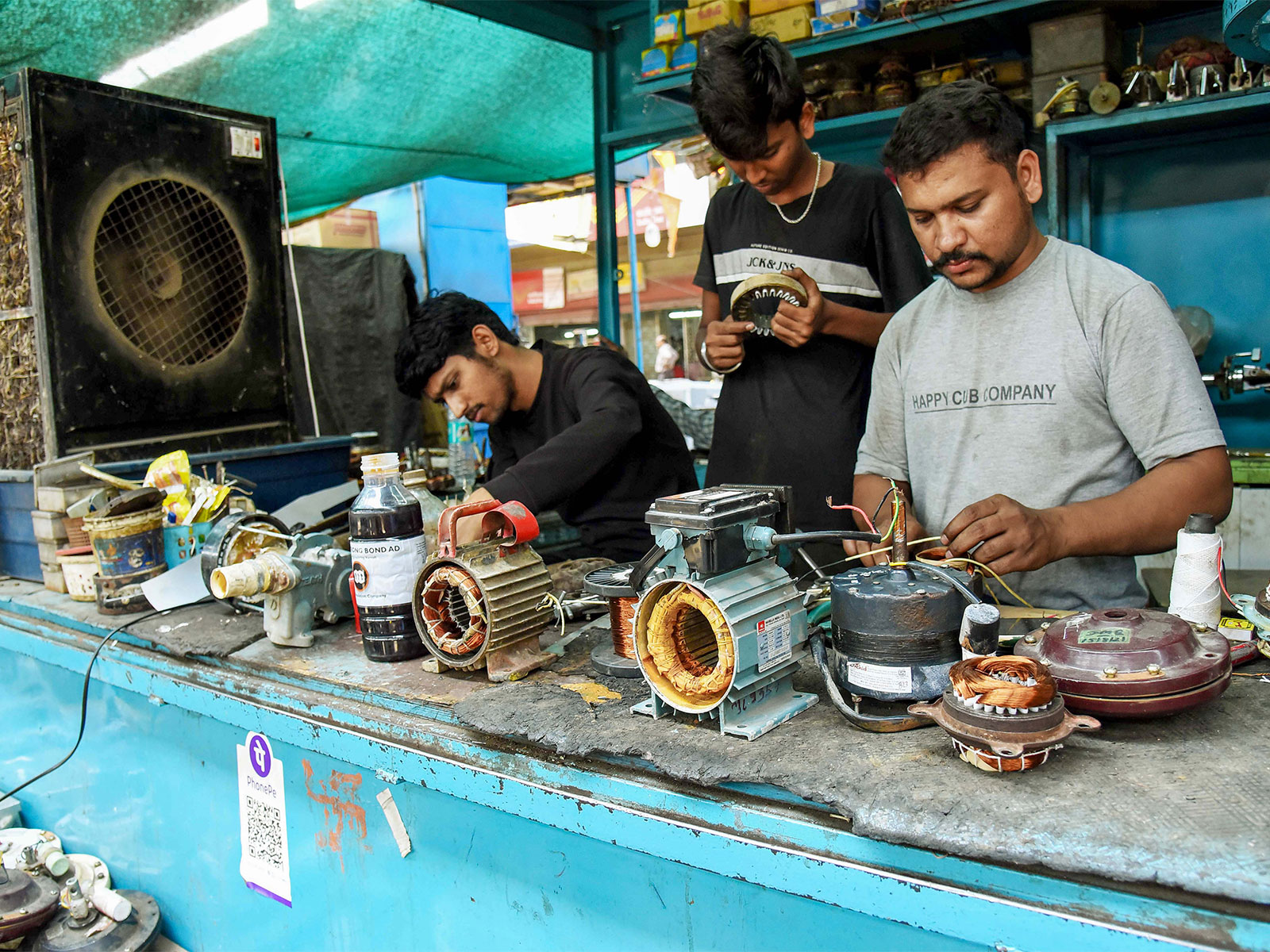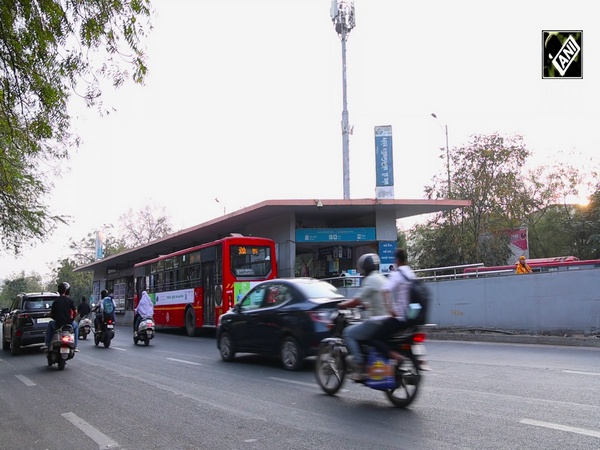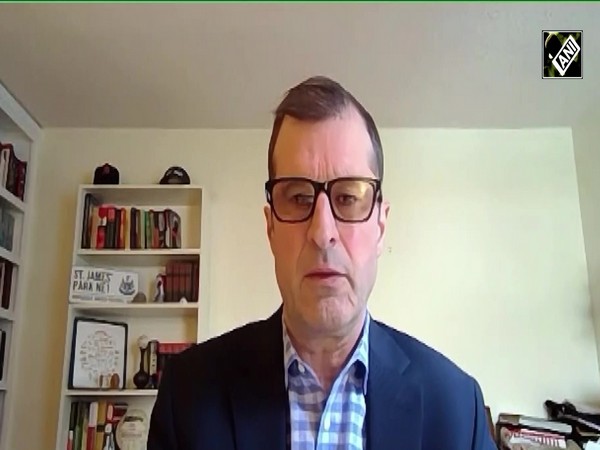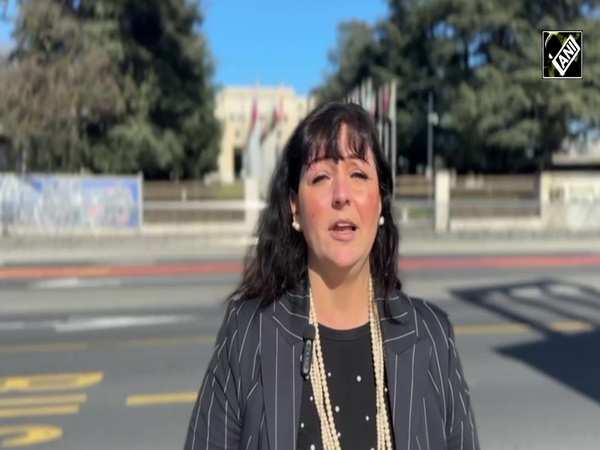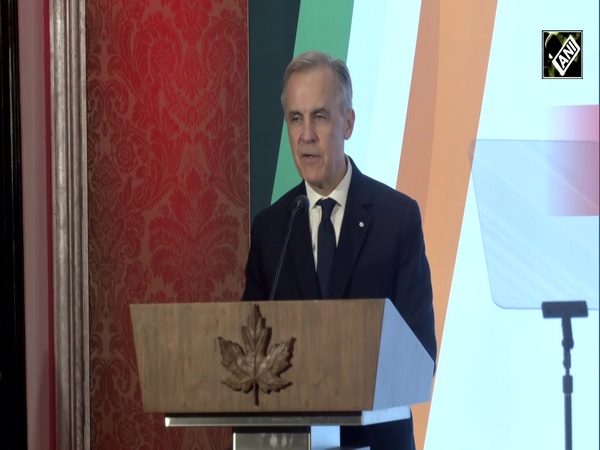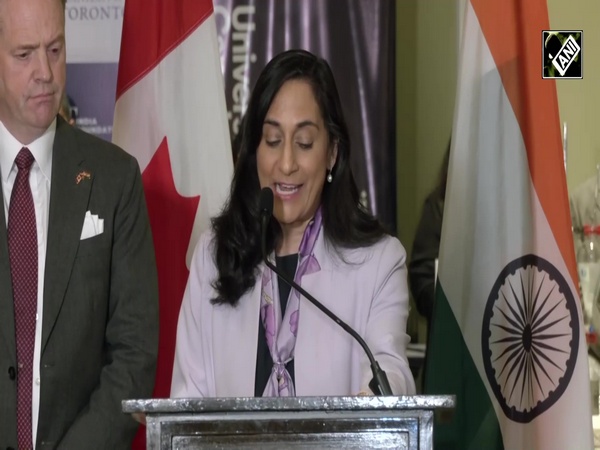Taiwan Naval Officer charged for leaking Hsiung Feng II Missile manuals to Chinese agent
Oct 14, 2025
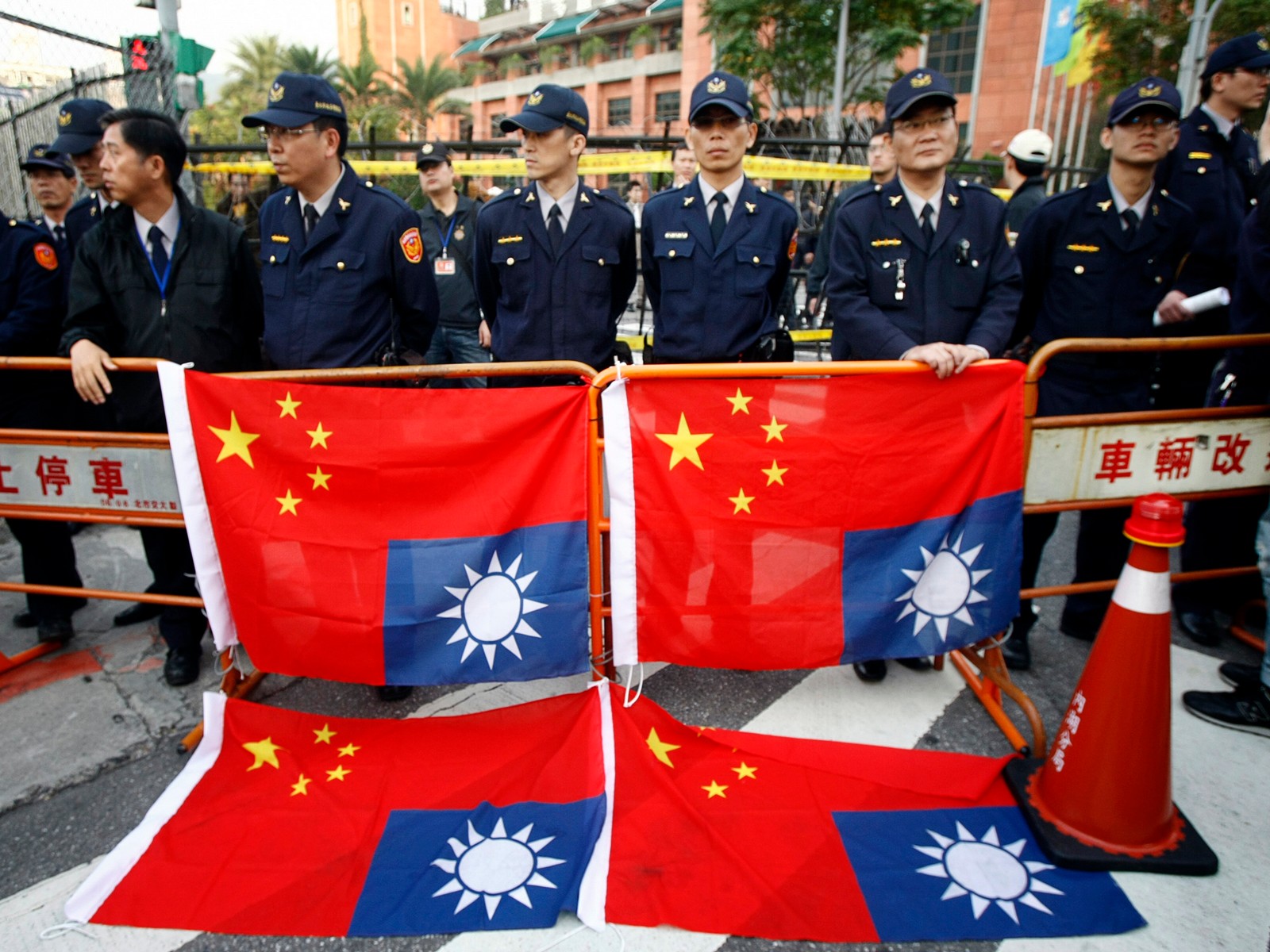
Taipei [Taiwan] October 14 : The Taichung District Prosecutors' Office has charged a naval officer with corruption after he reportedly sold sensitive but unclassified operational manuals related to Taiwan's homegrown Hsiung Feng II (HF-2) anti-ship missiles to a Chinese intelligence agent, as per a report from Central News Agency (CNA).
In an indictment made public on October 7, the office stated that it officially filed charges on September 25 against the officer, referred to by the surname Tsai, who was part of the Navy's Hai Feng Brigade, the service's land-based anti-ship missile unit, for breaching the Anti-Corruption Act.
Formal accusations were also made against Lin, a former officer of the Hai Feng Brigade who was dishonourably discharged, for infringing the National Security Act, due to his role in bribing Tsai for military information, according to the indictment. Lin, who lost his position after the military learned of his gambling activities, began communication in 2023 through a social media platform with a Chinese woman believed to be an intelligence officer from the Chinese People's Armed Police Force, as the indictment revealed, CNA reported.
Even though Lin was aware of the woman's actual identity, he connected Tsai with her. Following their introduction, the woman, known by the alias Chu Ting, assured Tsai she would compensate him based on the significance of the military details he shared. Prosecutors noted that despite being fully aware that regulations forbade the unauthorised sharing of personal military information, Tsai was tempted by the financial incentive.
In May 2023, Tsai completed a basic information sheet and a questionnaire detailing his personal information, military unit, and job role, which he sent through Lin to Chu Ting in exchange for a bribe of approximately USD 260 (NTD 8,000). That same month, Tsai also used his phone to take pictures of the Field Deployment and Operations Manual for the Hsiung Feng II missile launcher, as well as the missile vehicle operation manual, and sent them to Chu Ting, as noted by CNA.
After assessing that the materials contained significant military intelligence, Chu Ting further compensated Tsai with an additional NT$30,000, according to prosecutors. Although the indictment did not clarify when Taiwanese authorities became aware of the entire scheme, it stated that Tsai's actions contravened sections of the Constitution, the National Defence Act, and the Military Service Act that demand "loyalty to the Republic of China (Taiwan)" and uphold "military confidentiality," as highlighted by CNA.
The indictment further indicated that Tsai accepted bribes in violation of his official responsibilities. Prosecutors emphasised that Tsai, who had received training from the military and was assigned to operate Taiwan's domestically manufactured missiles to safeguard the nation's waters, was a member of one of the military's most critical and sensitive units. Despite this, he unlawfully shared personal military assessment information and photographed operational details of military weapons that are not publicly available, as reported by CNA.

